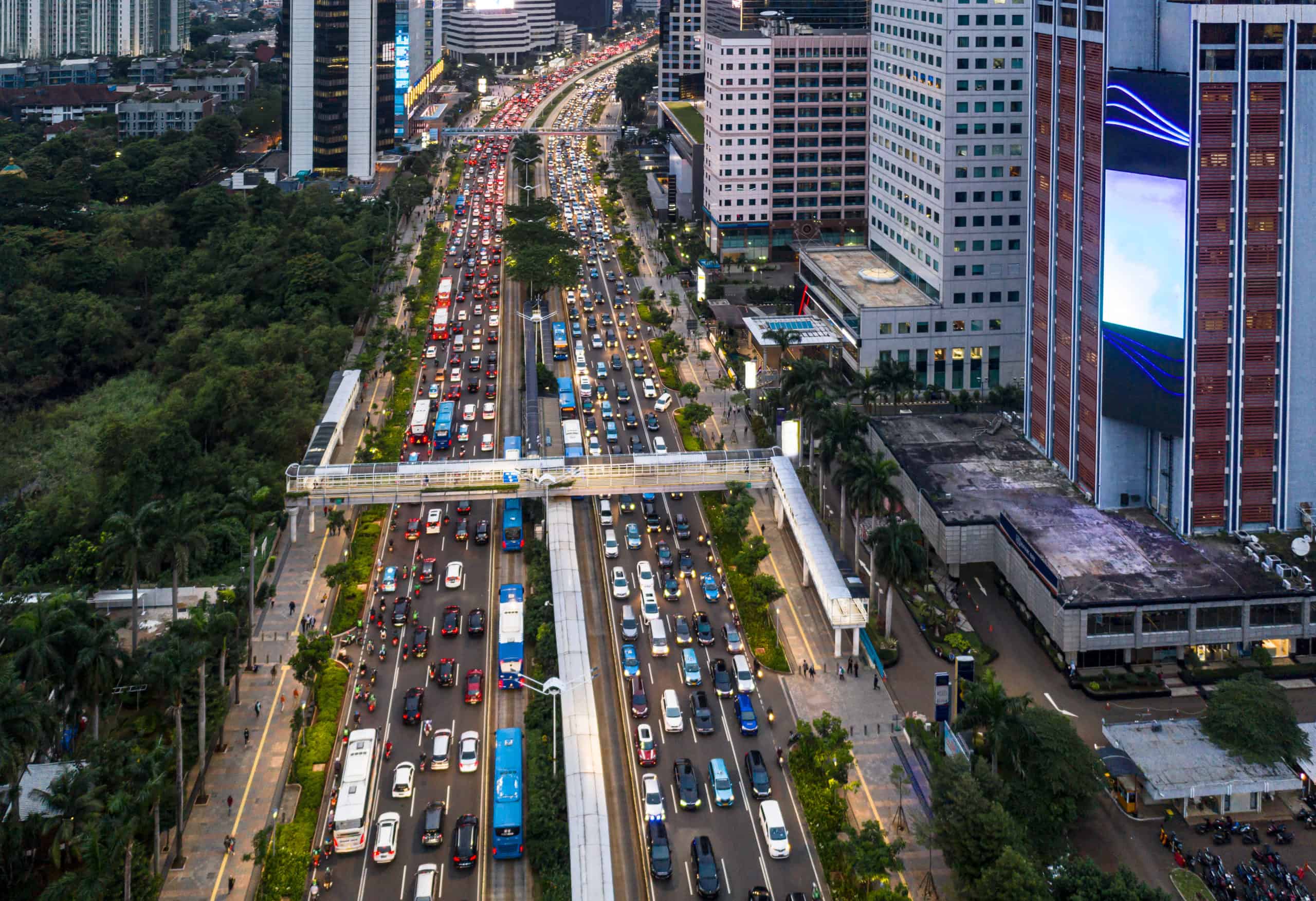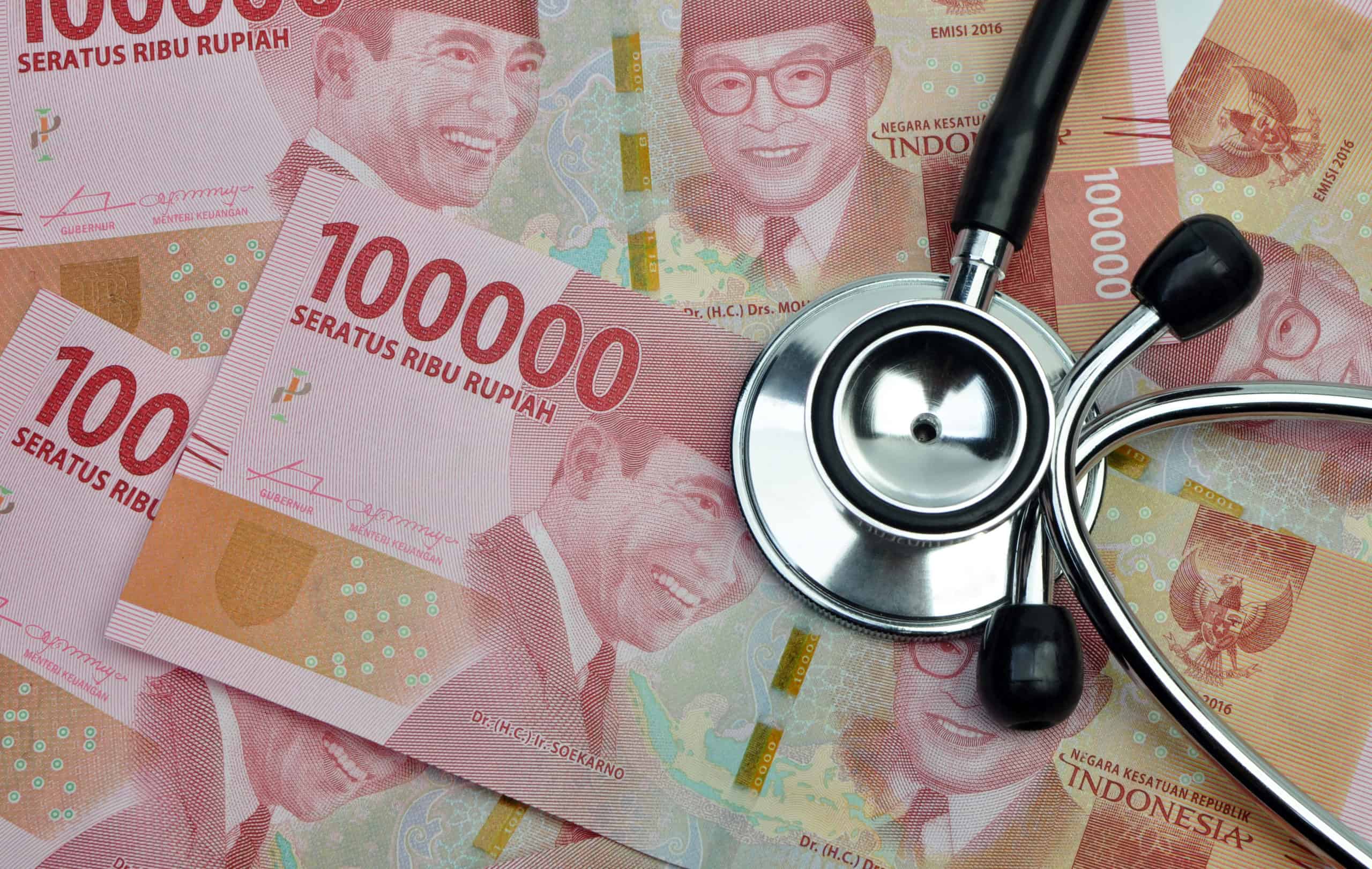Moving to Indonesia from Dubai in 2021 takes careful preparation and attention to details and documentation. We provide everything you need to know before moving from Dubai to Indonesia. Start your move today by obtaining up to 6 competitive moving to Indonesia quotations FREE.
Moving to Indonesia will see you live in the 4th most populous country on earth spanning over 1.9 million square kilometers of land spread over 13,000 islands. Jakarta, the capital city has the second-highest urban population after Tokyo.
Trade has played a very important role in Indonesia historically. Trades with Chinese and Indian began before the 7th century bringing with it Hindu and Buddhist influences. By the 13th century, the first Muslim traders had arrived and Islam began to overlay and mix with existing cultures and belief and by the 16th century, Islam had become the prevailing religion in Java and Sumatra.
Following the end of World War 2 and the surrender of Japan, nationalist leaders declared Indonesian independence on 17th August 1945. Indonesia’s economy has changed from mostly agricultural during the ’50s and ’60s, (where the government heavily encouraged self-sufficiency), to industrialisation and urbanisation in the ’70s and ’80s towards manufacturing. Following the Asian financial crisis in 1997, Indonesia was badly affected with inflation reaching 72% in 1998. Today, Indonesia has a fast-growing economy and is a member of the G-20 major economies. Indonesia’s main trading partners are China, USA, Japan, Singapore, Thailand and Malaysia.
Tourism contributed 18 Billion USD in 2016 and grew over 15% over the previous year. Tourists enjoy the diverse culture, beaches, temples, forests, fauna, and wildlife. Indonesia has 20% of the world’s coral reefs and also 8 UNESCO world heritage sites.
Indonesia’s climate is tropical and really split into two distinct seasons. A dry season lasts from April to October and a wet season from November to March.
Most ex-pats moving to Indonesia to work will base themselves in Jakarta. Whilst Jakarta is a relatively safe place to live with violent crime and petty theft relatively low, it does, however, pose challenges. The city is overpopulated, polluted with infrastructure which often struggles to keep pace with expansion.
Many ex-pats will actually hire a driver rather than tackle the hustle and bustle.

There is a wide choice of accommodation available and whilst housing is likely to be your largest expense, housing costs are lower than many worldwide capital cities. In addition, household help is within the reach of many ex-pats, so domestic helpers, drivers, and even nannies are not uncommon.
The general cost of living is lower than many international cities including those in neighbouring Asian capitals. Of course, if you choose to shop exclusively in western supermarkets and shops who provide mostly imported goods the costs can be high, but in general, the cost of living is proportionate with your lifestyle choice.
If the time you intend to spend is longer than a short assignment, then learning some of the local language can really enrich your stay. Bahasa Indonesian uses a western text and is relatively easy to learn.
Indonesians are generally friendly and relaxed with a good sense of humour and ex-pats normally feel quite welcomed by their hosts. Women should feel relatively safe in Indonesia. Whilst it is not advisable for women to travel alone at night this would probably apply to many places. Indonesia is a Muslim country and so it is advisable for everyone, but especially women to dress conservatively, short skirts and tops revealing shoulders is not recommended.

A traffic jam in the Jakarta business district main avenue, an area infamous for it's congestion
(Source – NUMBEO)
Free healthcare is available to low-income and impoverished Indonesians. Since 2014 the government has started to roll out healthcare for all citizens, however public hospitals remain understaffed and generally have a shortage of medical supplies and quality equipment. Language can be a major barrier, payment for medical treatment is expected to be paid in cash and upfront.
Expats in Indonesia really should opt for medical insurance to allow access to private healthcare. It is essential that the employer covers the cost of medical insurance for the whole family. It is possible to arrange medical insurance cover once you arrive in Indonesia, but it is important to ensure the insurance company is licensed.
Private hospitals have more modern equipment and internationally trained staff who are multilingual who maintain international medical standards. It is possible to be insured to allow you to seek medical treatment overseas, for example, Singapore, which may be preferable, depending on the illness.

Most ex-pats moving to Indonesia should ask their employer to provide private health cover
Education in Indonesia is compulsory from the age of 6 to 18. Most schools operate Monday to Friday between 07:30 and 14:40. Public schools are free and operate a local curriculum with the tuition conducted in Bahasa Indonesian.
National Plus schools may provide an option for ex-pat children whose families intend to stay in Indonesia long-term. They cover requirements of the local Indonesian curriculum and are sometimes taught in conjunction with International Baccalaureate (IB). Most national plus schools teach in English. This may be seen as an alternative to International schools, especially if the family is on a tight budget and the employer is not willing to cover school fees.
For expats, particularly those who do not intend to settle long-term in Indonesia, an international school is probably the best option. There are a large number of private international schools in Indonesia, which have better tuition and facilities. These schools generally teach in English or other home curriculum languages such as French, Spanish, German etc. International schools can be expensive and tend to have sizeable waiting lists. Most schools cater to children from Kindergarten through to 18 years old.
Some schools in the Jakarta area
When moving to Indonesia from Dubai, importation of Household Goods and Personal Effects
For a more in-depth look at the documentation, please check the International Association of Movers.
Useful link(s);
http://www.expat.or.id/info/importregulations-householdgoods.html
http://www.beacukai.go.id/
Note: This document is provided as a guide for people moving to Indonesia from Dubai, UAE and for information purposes only. Customs regulations can and do change at any time, usually without notice. Your mover will provide you with more information.
